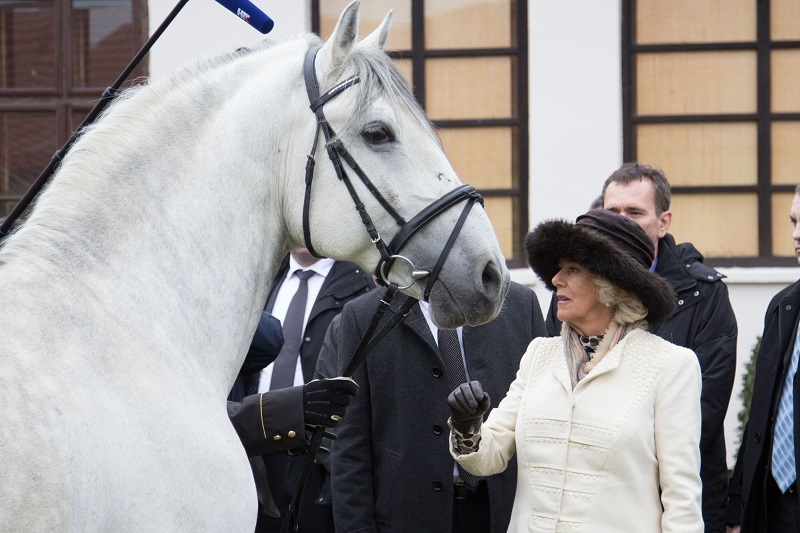One of the most important and most durable symbols of Đakovo and the Đakovo region are horses, which have been bred for more than five centuries at the famous Đakovo Stud Farm – now the State Stud Farm.
History
The Stud Farm was founded by bishops of Bosnia (Đakovo) on the estates they were given based on the deed of donation by Coloman, King of Hungary and Croatia, in 1239. The year 1506 is regarded as the beginning of the Đakovo Stud Farm because in that year, the stud farm was first mentioned in connection with the bishop of Đakovo of that period, Mijo Kesarić, who bred around twenty Arab horses. The Stud Farm had probably existed before the first written accounts, most likely as early as the period of the Crusades, as Dr Andrija Šuljak assumes. Horses and Đakovo are first mentioned in the same context in documents pertaining to the matrimony of the Bosnian ban Tvrtko and the Bulgarian princess Dorothea. Ban Tvrtko gave Bishop Petar, the bishop of Bosnia (Đakovo), ten Arab mares and one stallion as a gift. Until 1806, only Arab horses were bred in Đakovo. The Lipica Stud Farm fled that year with 300 horses before Napoleon’s army and settled on the bishop’s farm at Vitika, where they stayed for more than a year. After the departure of the Lipica stud farm, three Lipizzaner breeding stallions were introduced into domestic breeding.

Lipizzaner horses
When J.J. Strossmayer was appointed bishop in the mid-19th century, the transition to breeding exclusively Lipizzaner horses was made. “Bishop Strossmayer told his clerks: „We will either foster our Stud Farm properly or we can dissolve it”, Archbishop Emeritus Marin Srakić wrote in his text dedicated to the 500th anniversary of the Stud Farm. Bishop Strossmayer’s contemporaries followed his advice and the Stud Farm developed and expanded its capacities, and since 1854, only Lipizzaner horses have been bred there. At the beginning of the 20th century, the Stud Farm had 288 horses and Bishop Ivan Krapac built the estate for horse breeding near Đakovo, named Ivandvor after him. After World War II, the State Farm was nationalized and it has been the property of the state ever since.
The Royal Family and Stud Farm

Queen Elizabeth II visited the Đakovo State Stud Farm with her husband and royal entourage in 1972 as part of her formal visit to the SFRY. On 15 October 2016, the Đakovo State Stud Farm hosted a member of the British royal family for the second time, when Camilla, the Duchess of Cornwall, visited it.
